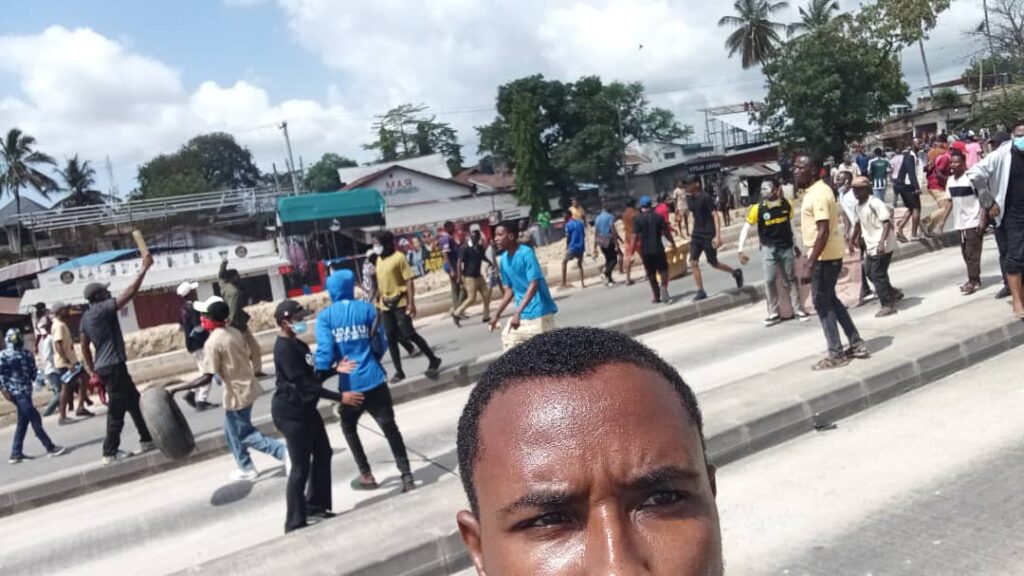Tanzania is facing a third consecutive day of widespread protests as citizens challenge the results of Wednesday’s disputed election. Demonstrators have flooded major cities, defying stern warnings from the country’s army chief to halt what authorities describe as “unrest.”
The protests, largely led by young people, erupted after several key opposition figures were barred from contesting against incumbent President Samia Suluhu Hassan. Many citizens accuse the government of manipulating the electoral process to maintain its grip on power.
With an internet shutdown still in force, communication and verification of on-ground reports remain nearly impossible. Social media platforms and messaging services have been blocked, silencing many protesters and cutting off access to real-time updates.
International concern continues to grow over reports of violence. The United Nations has urged Tanzanian security forces to show restraint and avoid using excessive force. “We are alarmed by the deaths and injuries that have occurred in the ongoing election-related protests in Tanzania,” said UN human rights spokesperson Seif Magango, who cited credible sources indicating that at least 10 people have been killed.
Human rights groups are struggling to confirm the extent of the casualties. Amnesty International’s Kenya office told the BBC that with communications down, they were unable to independently verify reports of deaths or injuries. Meanwhile, hospitals across Tanzania are refusing to release information on casualties to journalists or civil society organizations.
In response, the government has extended a nationwide curfew and sought to downplay the scale of the violence, insisting that the situation is “under control.” However, eyewitnesses report continued clashes between demonstrators and security forces, particularly in Dar es Salaam and Arusha.
As the standoff deepens, pressure mounts on President Hassan’s administration to restore internet access, respect citizens’ rights to peaceful protest, and ensure transparency in the contested election process.

